45 independent artists vs major labels
Independent Label vs. Major Label Contracts | Performer Mag Most major label deals still do not include publishing, because the major labels all have affiliated or subsidiary publishing companies that will often offer their own deals. Major label deals usually do not include merchandising rights, either. Conversely, many indie deals will include a clause giving the indie publishing or co-publishing rights. Major Labels vs Independent Labels | Differences Between ... - TeenStar Independent labels vs major labels The term 'indie' (independent) is applied to any music label that operates outside the sphere of the major corporations. Indie labels differ dramatically in size and capacity: from professional teams working in slick premises, to self-trained individuals using their home computer to run the business.
Artist Advice: Label vs Independent - Which Is The Better Route? A label also could help shift your skills into areas like scoring or soundtracking if you want. 5. Sync & Publishing: As traditional sales decline for artists, they have to find other avenues of revenue. A label can also be your publisher, which handles the revenue from streaming.
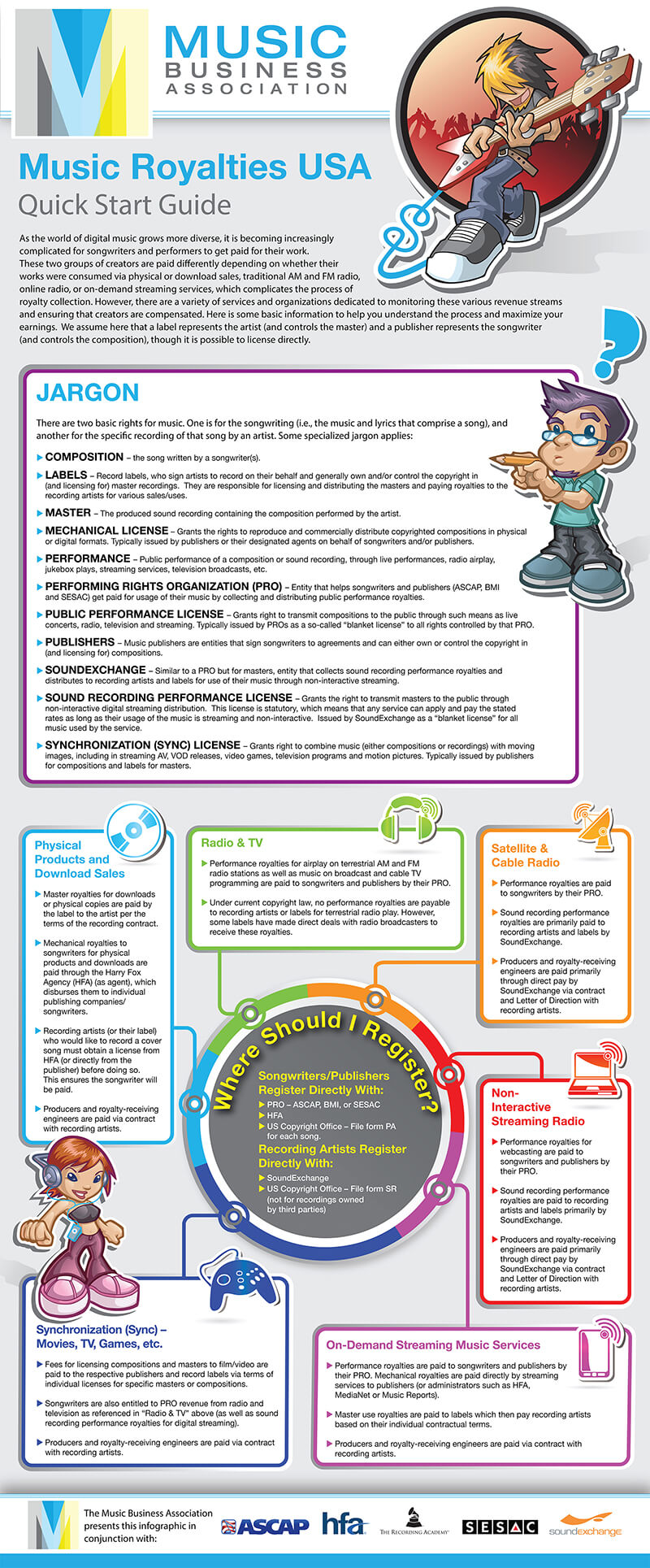
Independent artists vs major labels
soundplate.com › major-record-labelsThe Major Labels - Everything You Need To Know About Major ... Indie Labels vs. Major Labels. As you can see from the graph above, the independent sector is also a major part of the music industry. The indie sector is made up of thousands of smaller labels and distributors. While this post concentrates on the big three it’s worth keeping in mind that there are also thousands of successful artists signed ... The Pros and Cons of Independent Record Label Deals - The Balance Careers While indie labels can't offer the kind of funding for artists that the major labels can, because of the benefits, indie label contracts are fast becoming a new goal for many artists—and a more realistic goal at that. And they do offer many benefits that the Big Guys can't. Independent label vs The Major labels. Pros and Cons! - Medium While major labels are global and operate their own publishing and distribution companies, indie labels work with other smaller companies, either in long-term partnerships or in smaller contractual...
Independent artists vs major labels. Indie VS Major Record Label: The Major Differences In general, independent music labels are more flexible than the major record labels. If you're doing it all by yourself of with your friends, then you have 100% ownership of your music. If you're dealing with even just one more person, make sure everything is put in writing, though. MONEY en.wikipedia.org › wiki › Independent_musicIndependent music - Wikipedia Major label advances are generally much larger than independent labels can offer. Major labels are able to offer artists advances in the range of $150,000–$500,000. Some smaller independent labels offer no advance at all; just recording cost, album packaging, and artwork, which is also recoupable. A New Report Says Independent Artists Could Generate More Than $2 ... According to Raine's estimates, DIY artists, via distributors, generated $960 million last year, a number that it predicts will jump by 27 percent, to $1.22 billion in 2020. Artists signed to ... Being an Independent rapper vs. a Major label artist. There are definitely MUSICIANS who the major label system could work for.. but ARTISTS should stay independent, unless they can somehow actually retain creative control and the power to actually make decisions for themselves, but that record deal doesn't exist.These are big money companies and McDonalds doesn't let their cooks just sell whatever the fuck they felt like cooking that day.
en.wikipedia.org › wiki › Steve_AlbiniSteve Albini - Wikipedia Steve Albini (pronounced / æ l ˈ b iː n i /; born July 22, 1962) is an American musician, record producer, audio engineer and music journalist.He was a member of Big Black, Rapeman and Flour, and is a member of Shellac. Why Are Independent Artists and Labels Turning Away From Vinyl? With giant retailers like Walmart, Target, and Amazon now embracing vinyl, and multi-colored special editions from huge pop stars like Harry Styles and Billie Eilish crowding pressing plants,... Indie vs. Major Record Labels: Which is Right for You? Indie vs. Major Record Labels There are several factors worth considering when weighing the pros and cons of indie and major record labels: 1. Trust and Close Working Relationships Indie labels and boutiques generally have the advantage here. They have smaller artist rosters, which means you will get more attention. Indie Vs. Major: Which Record Label Contract Is Right For You? • Close Personal Relationships: Independent record labels tend to have much smaller artist rosters than the larger, major record labels. Although this also means there is a smaller total staff employed by the label, artists typically work one-on-one with a representative who they can form a much more personal relationship with.
Independent vs. Major labels: Who is growing faster? - Hypebot The major labels' combined revenue in 2020 was $15.2 billion, and in 2021 it was $18.7bn, representing 25% annual growth. If you simply deduct those figures from the IFPI figures you end up with an... aristake.com › digital-distribution-comparisonDistroKid vs. Tunecore vs. CD Baby vs...Distribution Reviews Jul 15, 2022 · It’s worth noting, that this comparison is for standalone music distribution services that primarily cater to independent musicians – not labels. INgrooves, The Orchard and Believe are all distributors in the space that primarily work with labels. Some work directly with artists and they take around a 20% commission for it. Indie Labels vs Major Labels: Differences & Which is Right For You For many, it's a more realistic goal and there are advantages of signing with a smaller, independent label. Pros and cons of independent record labels Pros: Deals that are more artist-friendly More creative freedom and development for the artists A closer team that can give you more attention Cons: Smaller budgets compared to majors What's the Difference Between a Major Label and Independent Label Deal ... A major has more financial resources than an independent, more support staff and leverage in the marketplace. On the other hand, some new artists may feel that a major label is not paying enough attention to them and offers less creative freedom than an independent. Of course, getting signed to a major is just the beginning of the process.
Collectively, Indie Labels are Now Bigger Than Any Major Label Paul Resnikoff. May 20, 2018. Secret City Records, one of several indies contributing to the no. 1 ranking. Indie labels are now outranking major labels in terms of total marketshare. In fact ...
An Indie Music Expert Explains Why Artists Are Turning Away From Record ... Artists are looking at independent companies and methods for ways to keep a lot more revenue. What's Ditto's place in that? Our angle as an independent company is that we should do the same as a...
5 Independent Musicians Who Refuse To Sign To A Major Record Label Here's 5 independent musicians who refuse to mold themselves to the Major Label Model. 1. Chance The Rapper. "I've met with every A&R, VP of A&R, president of the labels, CEOs. I know all these people," Chance the Rapper told The Fader in this 2015 article. He turned them all down, and he's loving his freedom.
Being an Independent Artist vs. Signing to a Record Label Bad contract deals: Many independent record labels have artist-friendly contracts. However, major record labels are known to have contract deals that give the artist a lesser percentage of royalties. Also, signing with a label means you have to deal with these complicated contracts and expensive layers if needed. Conclusion
Indie Label vs Major Label: which is best for you? - Kore Studios Friendlier deals - although this is not the case in all instances, artists singing contracts with independent labels tend to have more bargaining power, and therefore tend to sign more artist-friendly contracts. Cons: Money is tighter - while the smaller size of indie labels has its benefits (as mentioned above) it also has its drawbacks.
What They Don't Tell You About Being Independent in 2019 The revolution was short-lived, however, and major labels controlled about 72% of industry revenue by 2005. Fast forward to today and the major label market share remains around 70%.
ledgernote.com › careers-marketing › ascap-vs-bmiASCAP vs. BMI: Which PRO Is Right for You? | LedgerNote Aug 28, 2021 · Of course, much of this depends on your own willingness to get out there with your music marketing plan and increase your fanbase, especially before you're signed to a major label. They'll expect you to have done that, too. Major labels don't want to nurture artists much any more. They want to sign the already successful and amplify that.
See How Much Indie Artists Make vs. Label Artists - Hypebot Doing it without labels is not free. There are costs - it's just like any other business. Artist should understand that that 70% is not profit, but revenue. You need to deduct the costs from ...
It's Easier Than Ever To Be Independent, but Major Labels Still ... Hip-hop began to explode onto the mainstream radar, and major labels were beginning to dive in. Early No. 1 albums flitted between independent and major. Tone Loc dropped Loced After Dark on...
How Indie Record Labels Work - The Balance Careers Indie labels have more freedom to pick and choose which artists they sign. If they decide to sign with you, it's because they like your music and your taste. They are less likely to insist on changes to your sound or image than major companies. That means you will have more creative control with an indie label than with one of the Big Three.
'Independent artists can do everything that major labels can.' Today independent artists can do everything that the major labels can, within reason, as long as they have the know-how and budget.". An artist can have a really decent buzz, be making income outside of their own region and streaming really great numbers, and be able to get a more leveraged deal. If an artist can wait and put the income they ...
How Independent Record Labels Make Money in 2022 - Ditto Music Artists and labels earning sales and streaming royalties is hardly surprising, but exactly how much they stand to earn from the major online music stores is not common knowledge. When it comes to streaming and download royalties from iTunes and Spotify, generally, you'll keep around 60-70% of the price of every iTunes download, and receive ...
Major vs. indie: Should you sign a record label deal? A major label has many more people working for them than an indie label. More people means you are less likely to work with the same person throughout your time at the label. Major labels have many experts in different areas (marketing, promotions, playlisting, radio tracking, distribution, etc.) compared to an indie, where fewer people take on ...
en.wikipedia.org › wiki › Hip_hop_musicHip hop music - Wikipedia Several artists, such as Kid Cudi and Drake, managed to attain chart-topping hit songs, "Day 'n' Nite" and "Best I Ever Had" respectively, by releasing their music on free online mixtapes without the help of a major record label. Emerging artists at the time such as Wale, Kendrick Lamar, J. Cole, Lupe Fiasco, the Cool Kids, Jay Electronica, and ...
Pros & Cons Of Signing With Major Label vs. Indie Label vs. Staying ... As major labels, indie labels also assign a team to an artist. The only difference is in the number of people it includes and their professional experience (which is not always the case). Apart from that, an artist can always get consulted about whatever he or she needs - whether it is guidance in music production or execution of ideas.
Earning Potential: Major Label Artist vs Independent Artist Earning Potential: Major Label Artist vs Independent Artist By RouteBot October 28, 20101 min read I came across a very interesting image that outlines the earning difference between an artist signed by a major record label and independents. earnings independent artist major label artist revenues 2 comments 72 views Prev Post
ncdj.org › style-guideDisability Language Style Guide | National Center on ... Programs in Disability Studies should encourage a curriculum that allows students, activists, teachers, artists, practitioners, and researchers to engage the subject matter from various disciplinary perspectives.” NCDJ Recommendation: Use Disability Studies in the same way you would reference other academic disciplines. AP Style: Not addressed
Independent label vs The Major labels. Pros and Cons! - Medium While major labels are global and operate their own publishing and distribution companies, indie labels work with other smaller companies, either in long-term partnerships or in smaller contractual...
The Pros and Cons of Independent Record Label Deals - The Balance Careers While indie labels can't offer the kind of funding for artists that the major labels can, because of the benefits, indie label contracts are fast becoming a new goal for many artists—and a more realistic goal at that. And they do offer many benefits that the Big Guys can't.
soundplate.com › major-record-labelsThe Major Labels - Everything You Need To Know About Major ... Indie Labels vs. Major Labels. As you can see from the graph above, the independent sector is also a major part of the music industry. The indie sector is made up of thousands of smaller labels and distributors. While this post concentrates on the big three it’s worth keeping in mind that there are also thousands of successful artists signed ...
![Opinion] The Problem With Major Labels and What That Means ...](https://www.ultimate-guitar.com/static/article/news/9/132199_0_wide_ver1652960482.jpg)

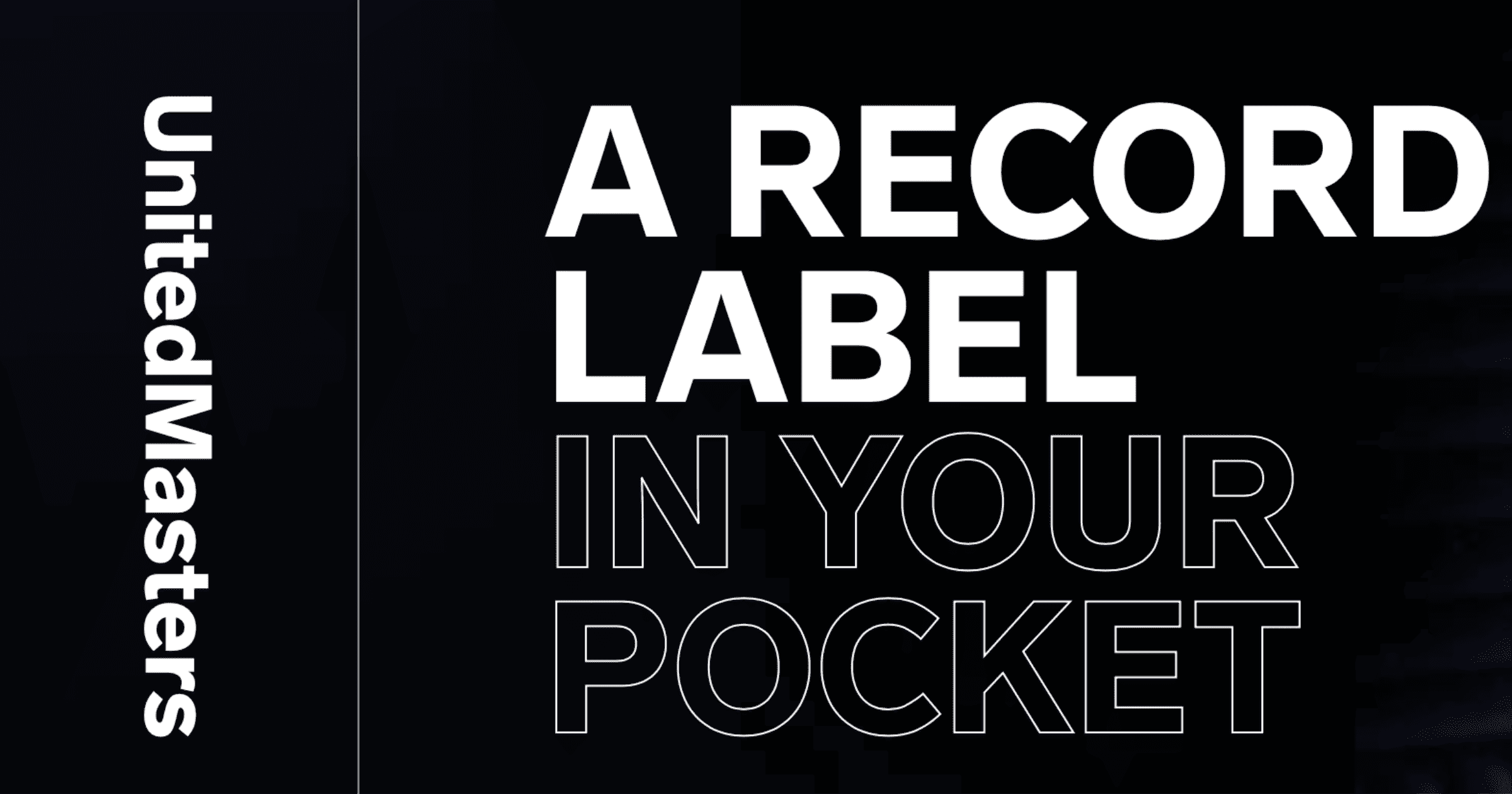
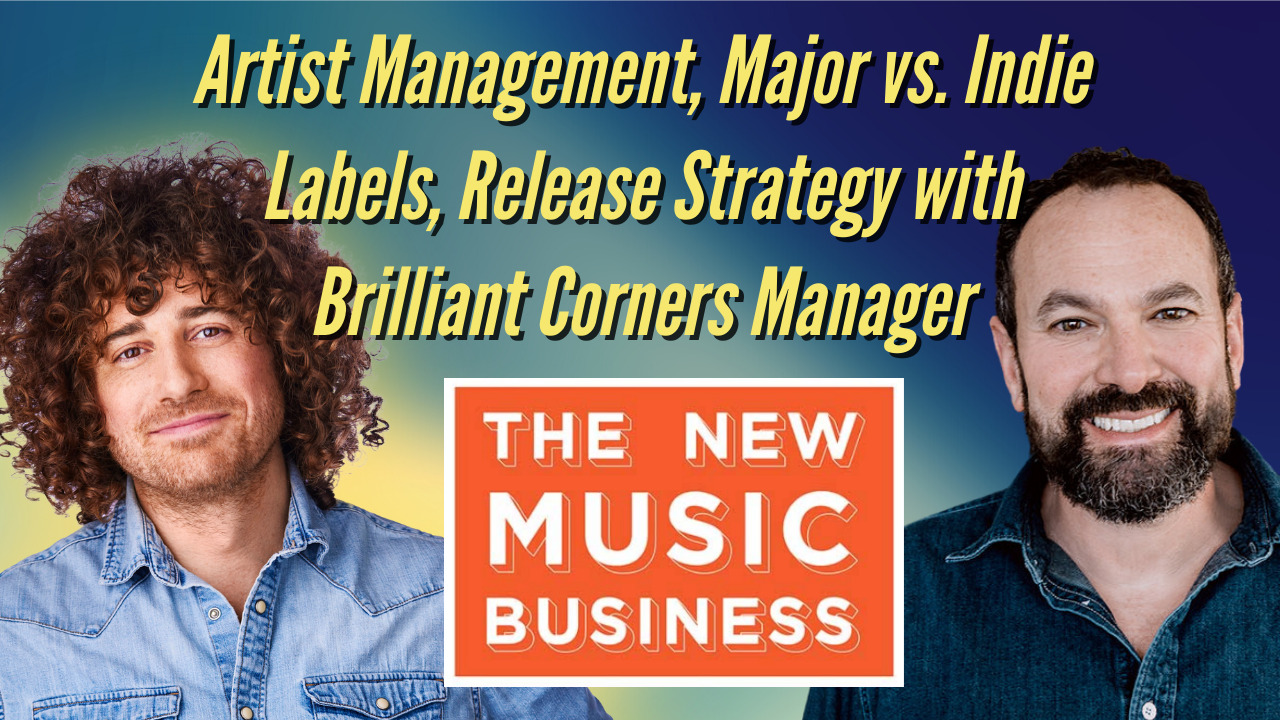
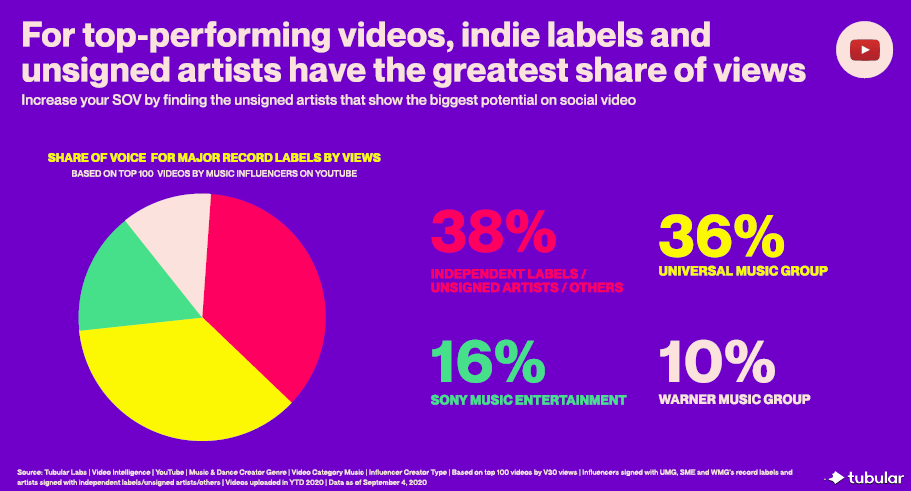




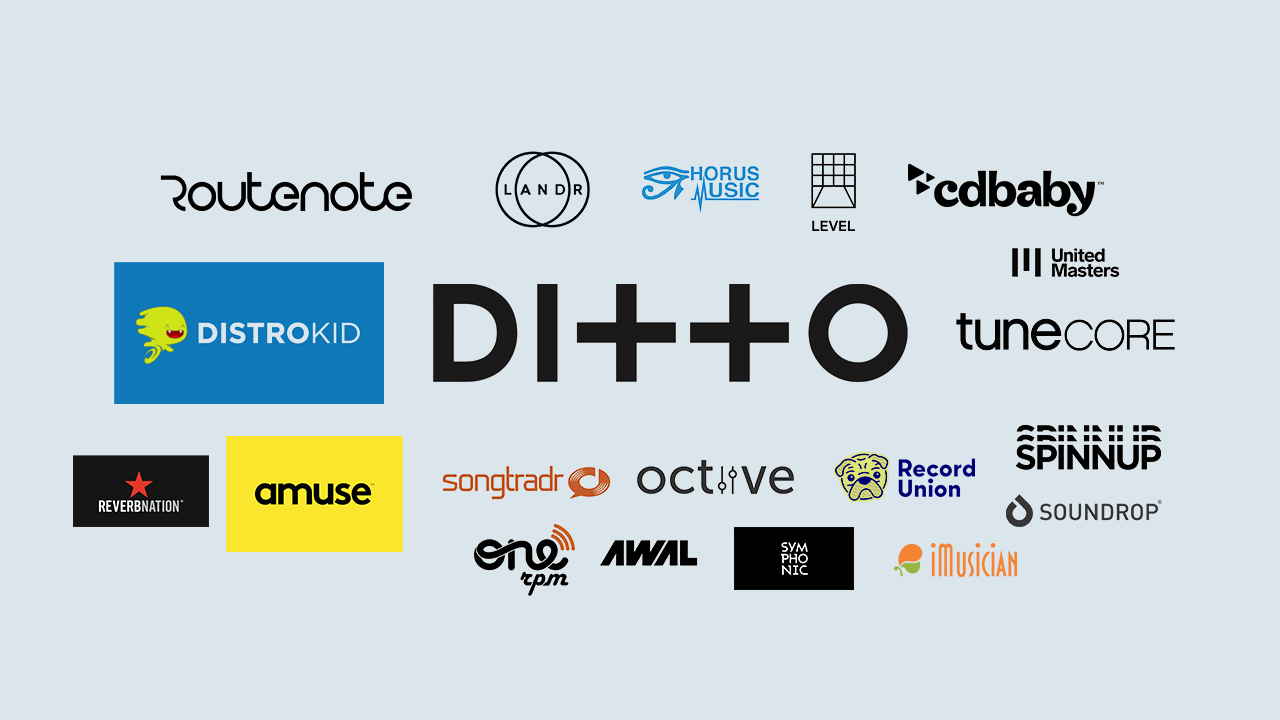

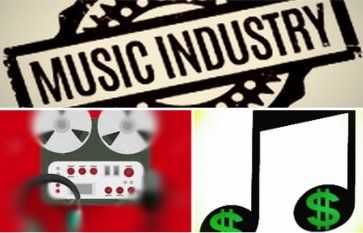
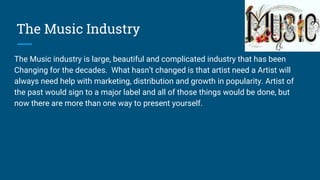
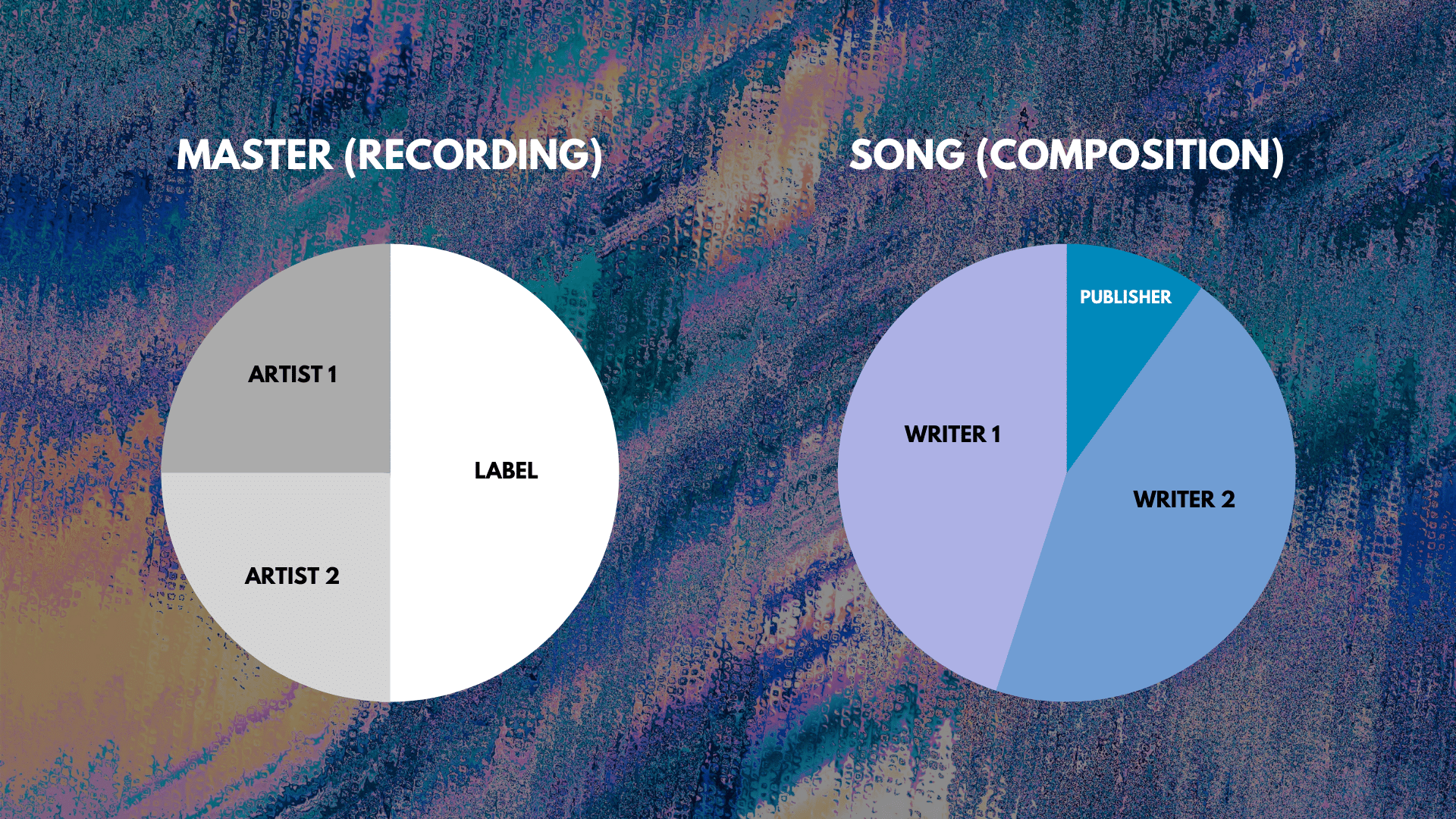
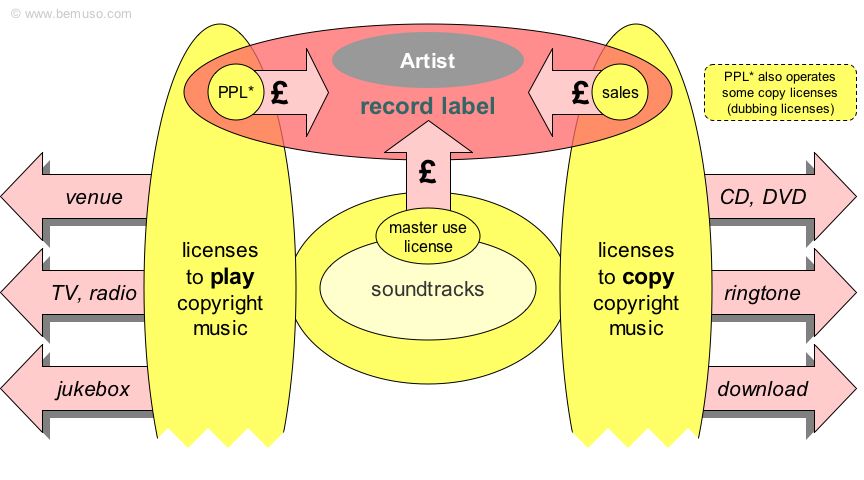
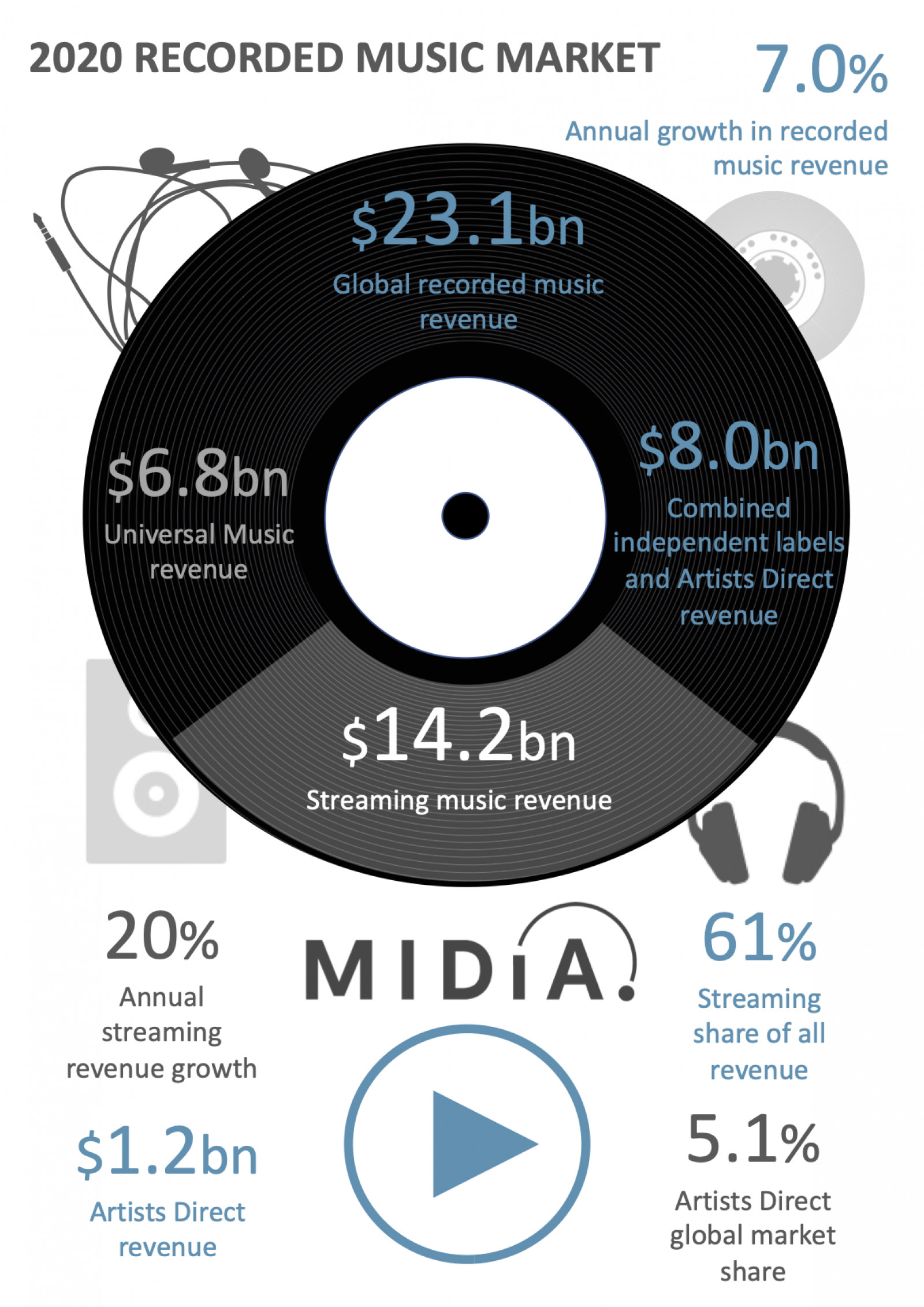

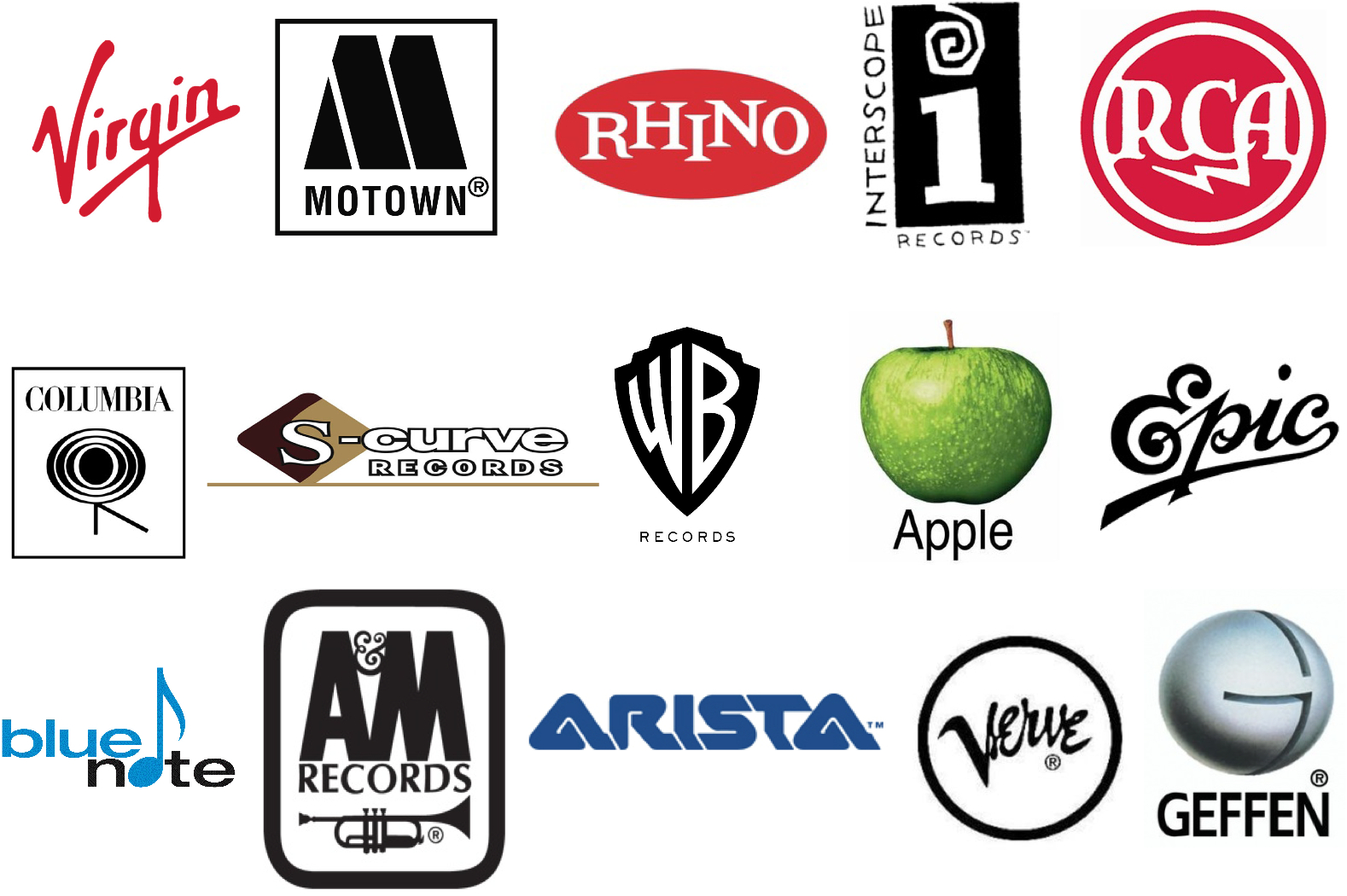

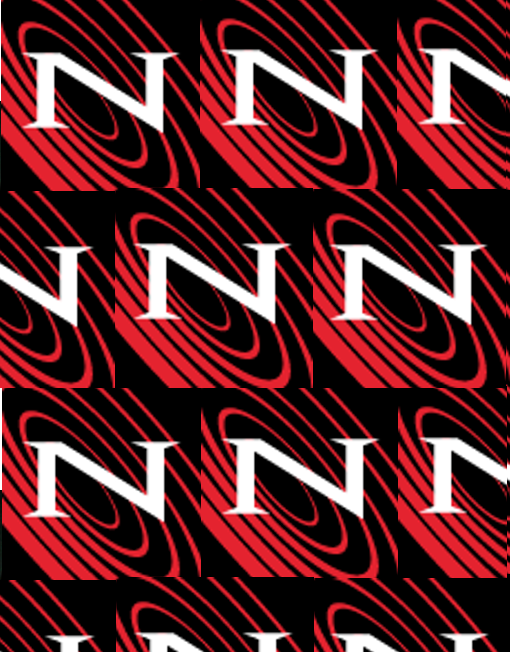
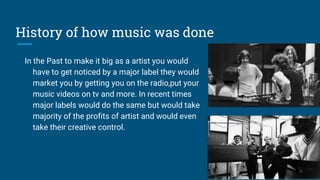
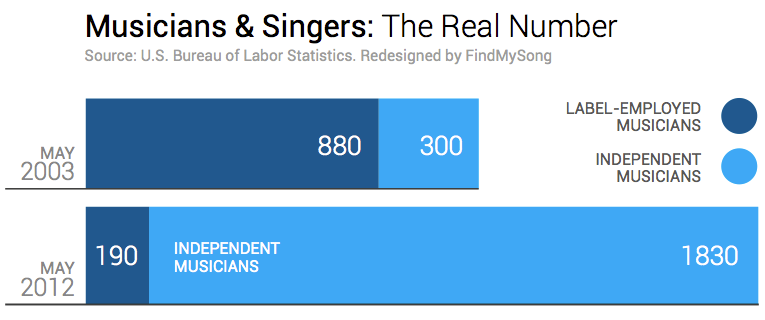
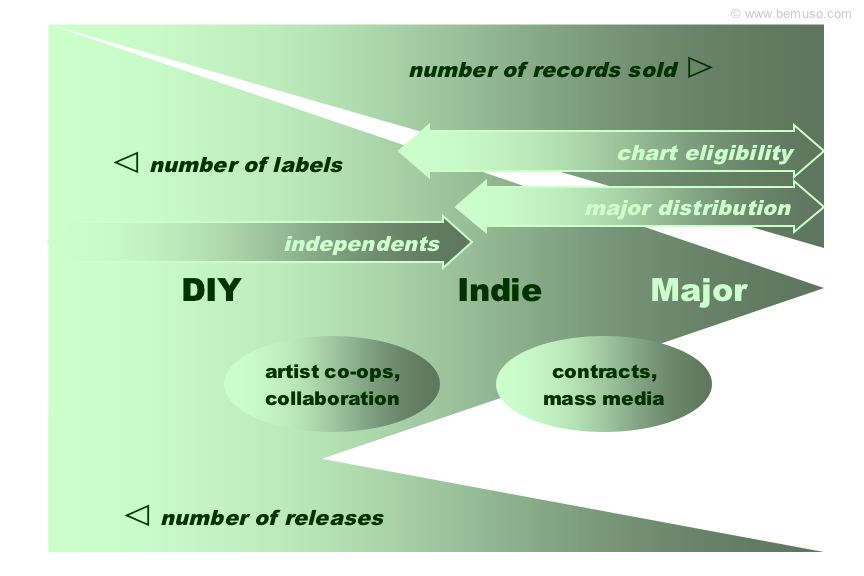

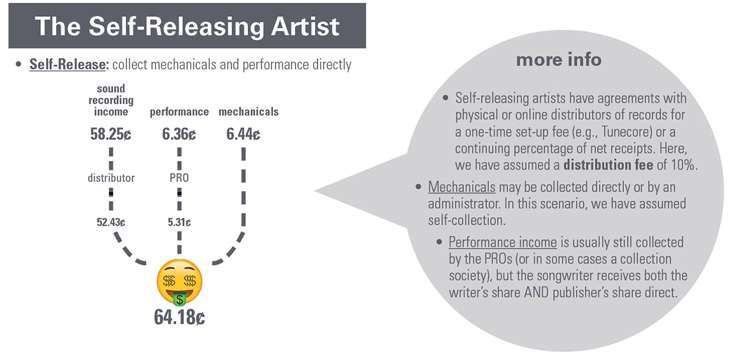




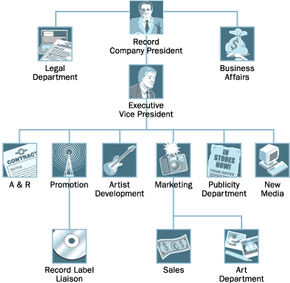



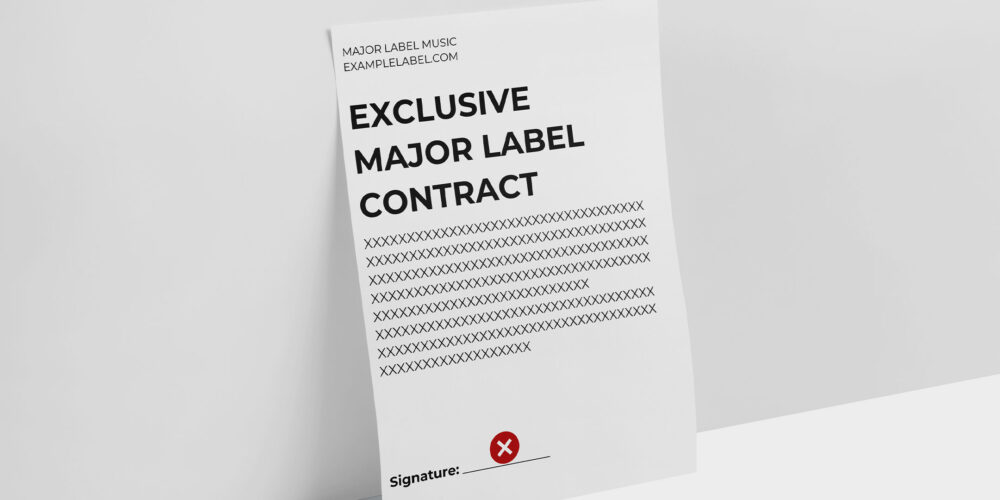
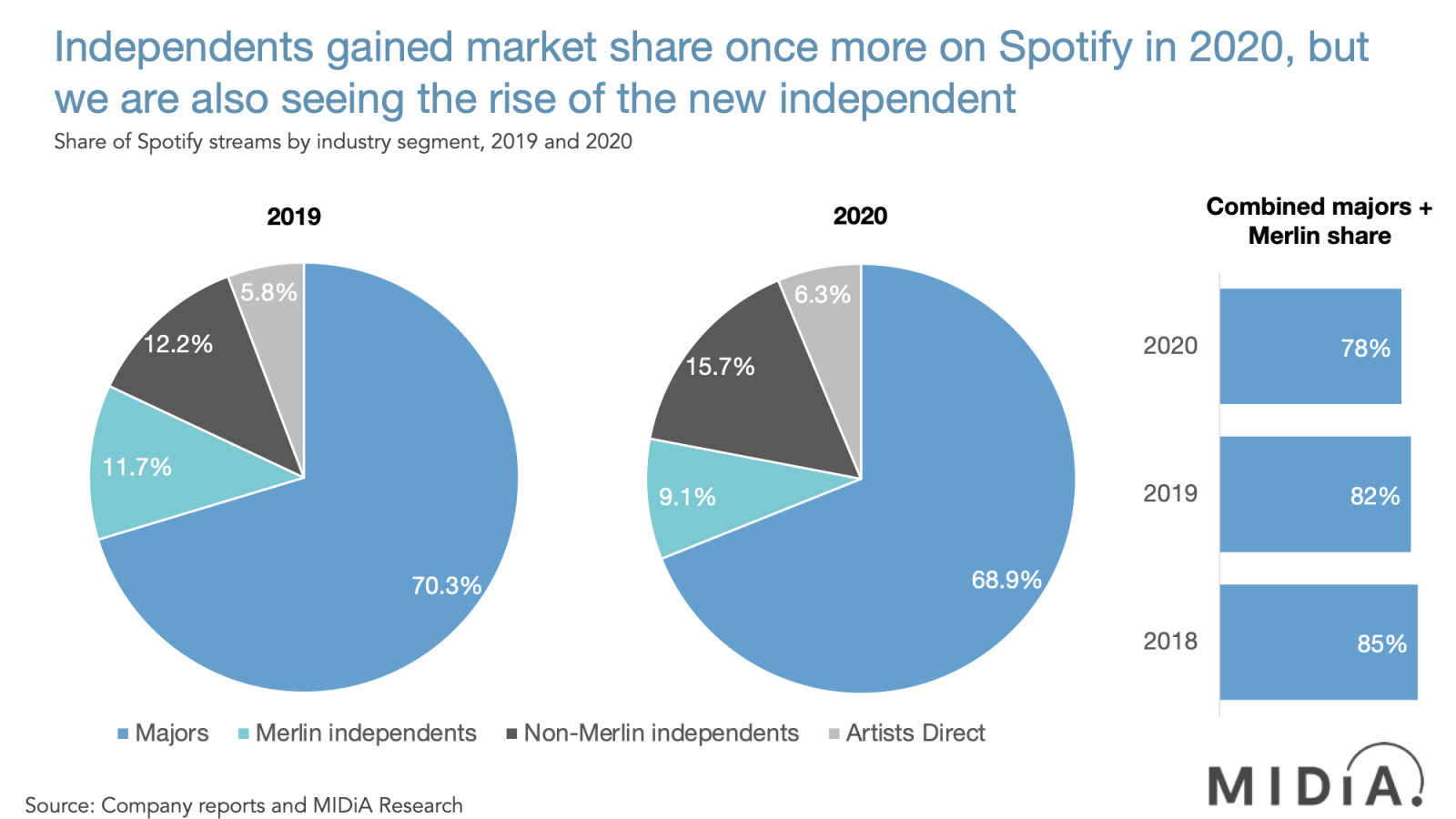
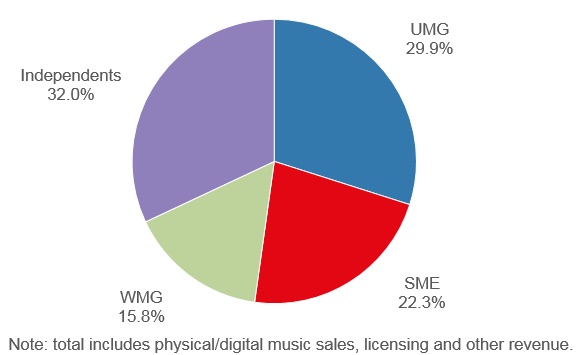


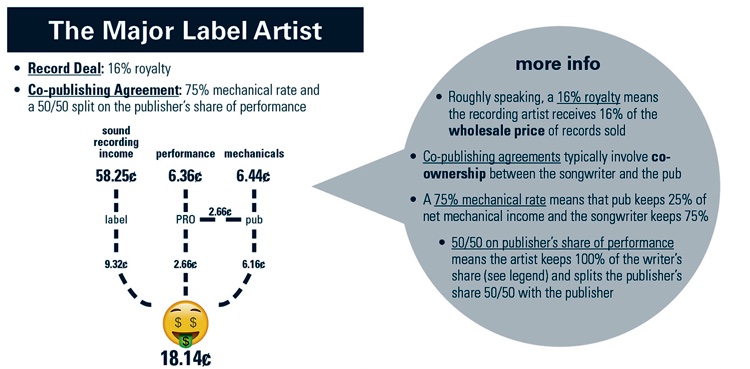

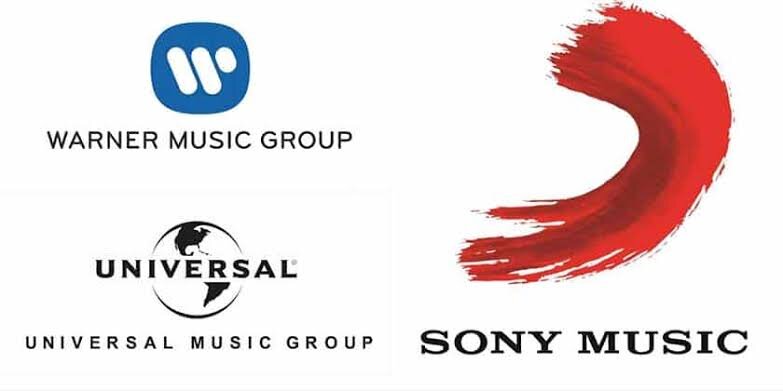

Post a Comment for "45 independent artists vs major labels"